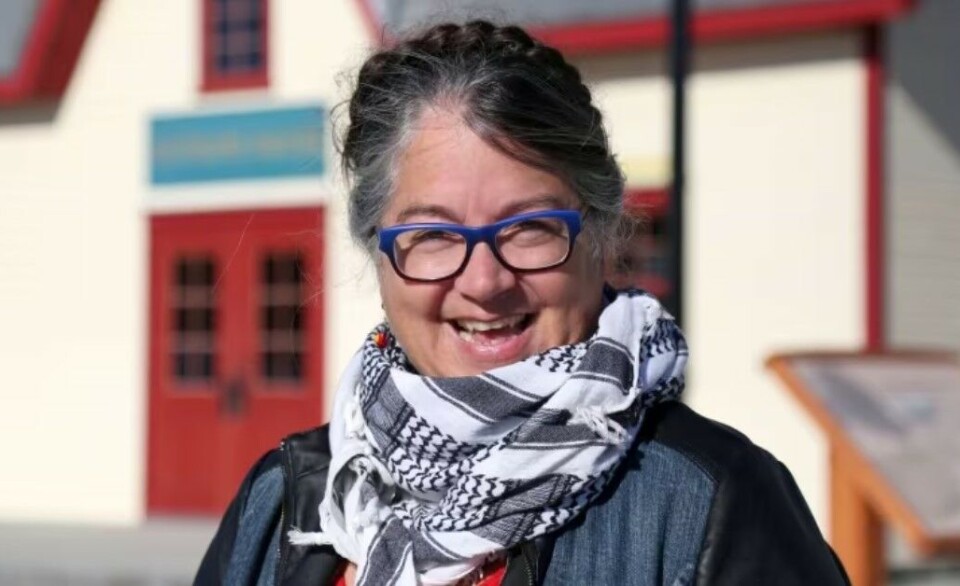
Two First Nations bid to overturn licence renewals for BC salmon farms
Two First Nations opposed to salmon farming in British Columbia, western Canada, yesterday announced that they are going to court in a bid to cancel 14 of the five-year licences granted to the province’s fish farmers from July 1 this year.
The ’Namgis and Kwikwasut'inuxw Haxwa'mis are challenging the federal government's renewal of the licences to fish farmers Mowi Canada West and Grieg Seafood BC, news agency The Canadian Press reported. Open net pen salmon farming is to be banned in BC after June 30, 2029, honouring a commitment by the governing Liberal Party to "transition" the sector to other production methods.
Although there are no fish farms in the two Nations’ territories, ’Namgis Chief Victor Isaac said at a news conference that by renewing the licences, the government’s Department of Fisheries and Oceans (DFO) “has shown, once again, no respect for our territories”. The Nations claim they weren't properly consulted about the licence renewals.
'Choke points'
The Nations' application says the fish farms licensed by fisheries minister Diane Lebouthillier, which are in the territories of Nations supportive of salmon farming, are “along crucial choke points of the migratory routes of wild Pacific salmon”.
The two Nations blame salmon farming for a decline in wild salmon populations, and claim the farms spread disease to wild fish, although this has not been proved. A series of studies by DFO scientists has found that farms pose no more than minimal risk to wild stocks, but the Nations’ application to the court claims that the DFO’s “history of mismanagement, regulatory capture, and bias is notorious”.
The ’Namgis’ court application claims fish stocks of pink, coho, chinook, and sockeye salmon have become “severely depleted”, prompting the Nation to stop fishing for those stocks in Nimpkish River, build a hatchery, and start a pilot project for a land-based fish farm facility.
However, Vancouver-based aquaculture news website SeaWestNews points out that the ’Namgis began planning for their Nimpkish hatchery in 1978, at least a decade before the advent of salmon farming in the area.
Agreements
In response to yesterday’s announcement, the BC Salmon Farmers’ Association (BCSFA) said it respects and recognises First Nations’ rights and title over their traditional territories and points out that every salmon farm operating in British Columbia is under a partnership, agreement, or negotiation with the First Nations in whose territories the farms are situated.
Many salmon farming agreements have Guardian programmes with the rights-holder Nations, and the regulations are typically stricter than those imposed by DFO.
“Our sector has consistently stated that we will not farm where we do not have consent, and we have stayed true to that commitment,” said BCSFA executive director Brian Kingzett.
Responsible plans
The BCSFA adds that “with the support of the Nations in whose territories we operate, the BC salmon farming sector has repeatedly presented practical, realistic, and responsible plans to further reduce potential risks to wild Pacific salmon, which demonstrate our willingness to invest in innovation”.
First Nations who support and benefit from salmon farming have an established the Coalition of First Nations for Finfish Stewardship and, like those Nations opposed to salmon farming, have also criticised the federal government for trampling their rights to grow fish in their own territories.























































